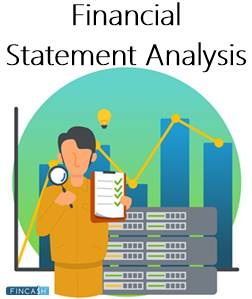Best Apps for Tracking Expenses
Introduction Managing personal finances efficiently is a crucial aspect of achieving financial stability. In today’s digital age, expense-tracking apps have become essential tools to help individuals and businesses manage their budgets, monitor spending, and save money. With numerous options available, choosing the right expense tracker can be overwhelming. This article provides a step-by-step guide to… Read More »









